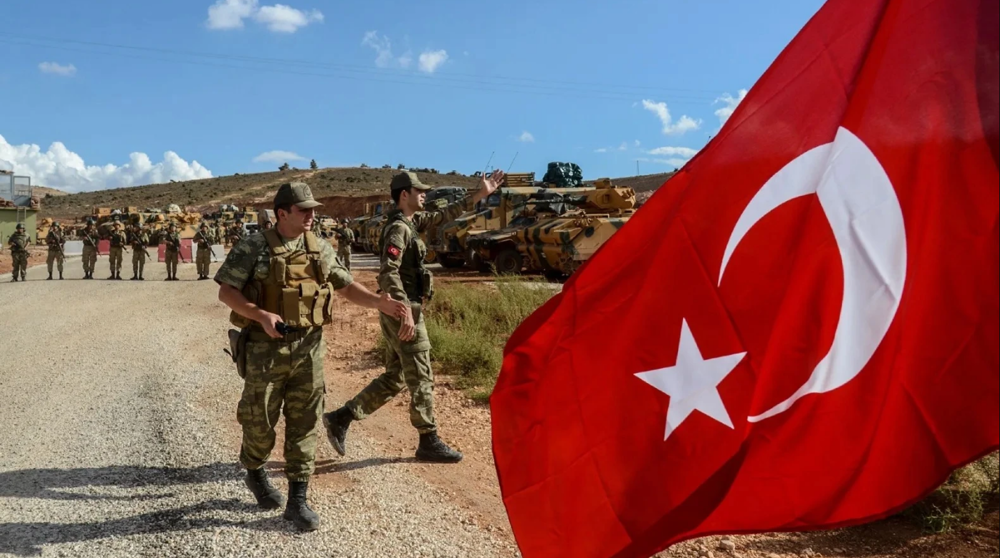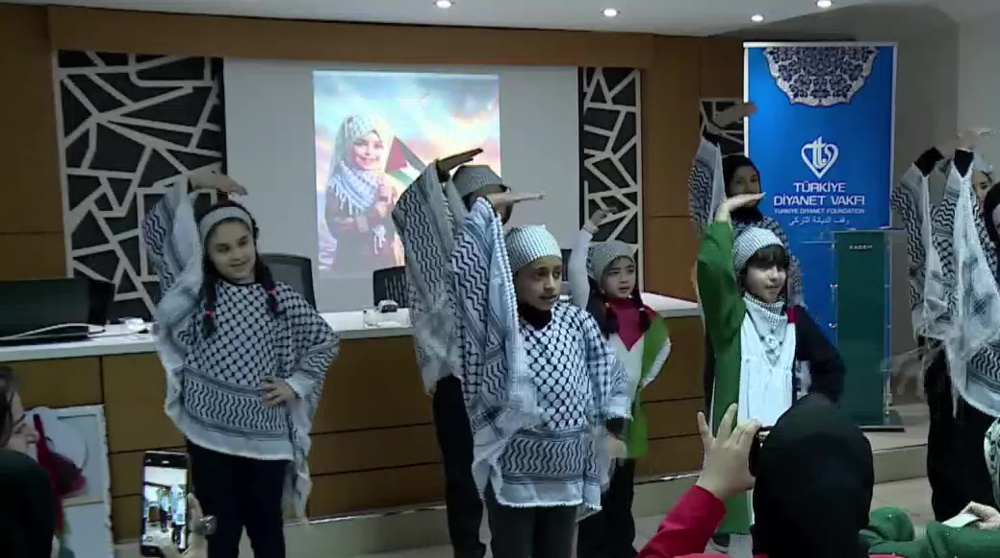Protests break out as Turkey suspends 100s of NGOs
Protests have erupted in Istanbul after Turkey suspended the activities of 370 non-governmental groups, including human rights and children’s organizations, as part of its post-coup crackdown.
“The organizations are not shut down, they are being suspended. There is strong evidence that they are linked to terrorist organizations,” said Deputy Prime Minister Numan Kurtulmus on Saturday.
According to the country’s Interior Ministry, 153 of the NGOs had ties to the US-based opposition cleric Fethullah Gulen, whom Ankara blames for the mid-July failed coup. Ankara says some 190 of them had ties to the outlawed Kurdistan Workers' Party (PKK), eight to Daesh, and 19 to the banned Revolutionary People's Liberation Army-Front.
The PKK is listed as a terrorist organization by Turkey, the EU and the US. A shaky ceasefire between the PKK and the Turkish government collapsed in July 2015, and attacks on Turkish security forces have soared ever since.
Over the past few months, Turkish ground and air forces have been carrying out operations against PKK positions in the country’s troubled southeastern border region as well as Iraq’s semi-autonomous Kurdistan region and northern Syria.
The PKK has been fighting for an autonomous Kurdish region in southeastern Turkey since 1984. The conflict has left more than 40,000 people dead.
“Turkey has to fight terrorism on so many different fronts. We are trying to clear the state institutions from Gulenists. At the same time we are fighting against Kurdish militants and Islamic State,” added Kurtulmus.
The Progressive Lawyers' Association, which was among the halted NGOs, said it would “take a stand against any unlawful intervention on legal firms.”
“It’s impossible for us to find the closure or activity cessation of organizations without court rulings democratic,” it added.

Meanwhile, thousands of pro-Kurdish protesters in Germany have held a demonstration in protest against what they call Ankara's crackdown on dissent.
The July 15 coup in Turkey began when a faction of the military declared it was in control of the country and the government of President Recep Tayyip Erdogan was no more in charge.
Tanks, helicopters, and soldiers clashed with police and people on the streets of Ankara and Istanbul. Between 200 and 300 people were killed on all sides in the attempted coup d’état.

Emergency decrees have since extended the period of police detention without judicial review from four to 30 days and allowed the authorities to deny detainees access to lawyers for up to five days. The government in Ankara has launched a sweeping crackdown on those believed to have played a role in the failed coup. It has arrested over 35,000 people and sacked over 100,000 others over their suspected links with Gulen, who has rejected the accusation.
Enemies of Ummah seek to expand war, Pezeshkian tells Erdogan
VIDEO | Press TV's news headlines
VIDEO | New wave of Israeli strikes on Lebanon as US suspends ceasefire mechanism
VIDEO | Israeli regime kills three more Palestinian journalists
Canada prime minister hits back at Trump's remarks
Lebanese journalist summoned to court for criticizing president
‘The Voice of Hind Rajab’ receives Oscar nomination
VIDEO | Foreign-backed terrorism in Iran












 This makes it easy to access the Press TV website
This makes it easy to access the Press TV website